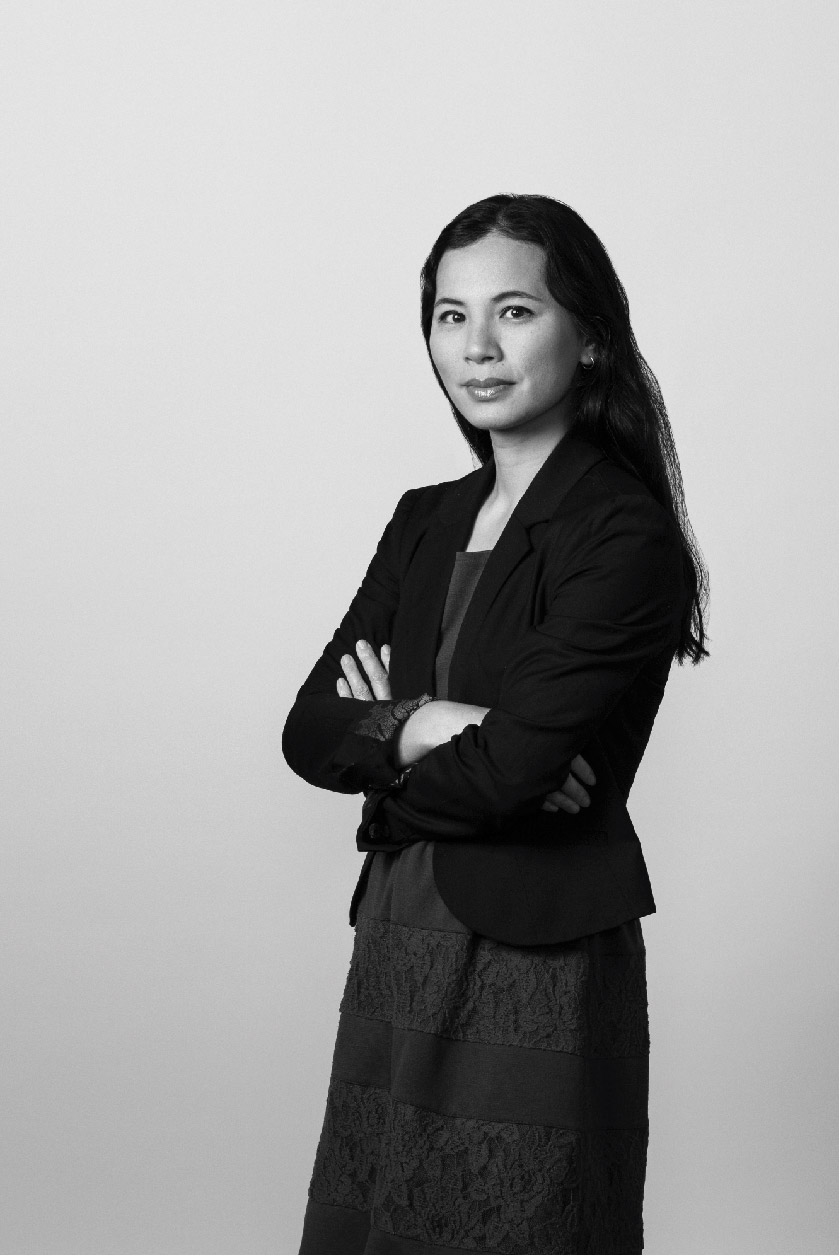Inside Boughton Vol.7 – Employee Spotlight Series: Susan Do
Welcome to Volume 7 of our Q&A Employee Spotlight series, where we explore the personal and professional journeys of our exceptional team. This edition shines a spotlight on Susan Do, Shareholder in our Real Estate and Commercial Leasing Group. We sat down with Susan to learn more about what surprised her most about the legal industry, the essentials for lawyer success, and as well as her advice for articling students.
What’s the most surprising thing you learn when you started working as a lawyer?
I was most surprised to learn that every aspect of life has a legal component to it. Every single document that you read is actually a legal document, from the waiver you need

to sign to go skiing on a mountain, to the agreement that you get when you sign up for a credit card. Now being a lawyer for many years, I read those agreement with a different lens, having drafted them.
What does it mean to be a successful lawyer?
Success to me means constantly learning. The legal landscape changes over time, whether through court cases or changes in legislation. It is important to keep up with those changes, as it does impact your practice. If you do not stay current on changes, then you cannot give proper advice to your clients.
I went to law school years ago to continue learning, because I loved school and I loved understanding new concepts. I wasn’t quite ready to give up learning yet. Thankfully, being a lawyer has allowed me to continue to keep learning.
What’s a piece of advice you would give to articling students?
I think articling students should be prepared for a very steep learning curve, and essentially being thrown into deals without knowing what’s going on. Deals are constantly occurring, and it is great when an articling student is willing to learn on the fly. It is important for an articling student to be willing to help, but also being mindful of how to manage stress in being pulled in multiple directions at the same time. It is rare for articling students to only have one task on their plate at a time, so learning how to organize and manage the expectations of the lawyers they are assisting is key.
How has the legal industry changed since you started?
The biggest change has been remote working. When the pandemic forced isolation, it became apparent that people could work without having to be in the office. There is definitely value to being in an office, particularly if you want to be involved in the greater firm fabric, so an expectation of being 100% remote is not necessarily something that will help your career.
Another change has been technology. As with phones and televisions, systems are more advanced now than when I first started my legal career. It is rare to send a fax now, and sending emails is commonplace. Telephones are still used, but with less frequency as emails. Understanding when to use an email and when to pick up the telephone is important, as there are times when an email is not as effective.
